Elder financial abuse can take many sinister forms, from scams by telemarketers to identity theft or the use of an intimate relationship to pressure an elder into transferring his or her assets. However, the vast majority of elder abuse cases spring from close domestic relationships. Financial abuse is typically perpetrated by family members, whether through a verbal promise of lifelong care and protection or a formal legal document like a power of attorney. It can take many forms and can often go undetected for months or even years.
What is Financial Abuse?
Generally speaking, financial abuse of an elder is the improper use of an elderly person’s financial resources. This can look like neglect, exploitation, lying about how the person should manage his or her assets, self-dealing, and more. Elders tend to be particularly susceptible to this type of abuse, as they are prone to memory loss due to dementia. As such, they are easy targets for corrupt and self-interested behavior.
In some cases, financial abuse starts as an innocent attempt to “borrow” money, with the intention of paying it back. However, this can lead to a slippery slope of self-dealing that leaves elders destitute.
Some common examples of financial abuse of an elder are:
– Diverting income or Social Security checks
– Using an older person’s credit to make personal purchases
– Selling an elder’s property without his or her consent
– Using the elder’s identity or signature for personal gain
– Up-charging for personal care services without seeking consent
– Using an elder’s possessions without his or her permission
– Squatting on an elderly person’s property
Financial abuse is particularly common in guardianship scenarios, when a family member or friend serves as the guardian of an elder’s person and/or estate. The use of an elder’s assets in these situations can often be quite murky. For instance, a large withdrawal from an account may have been used to provide for the elder’s basic needs, but the guardian may also have used the money to make a personal purchase or pay off his or her own debts. The job of a fiduciary litigation attorney is to scrutinize these types of transactions, analyze the relationships and patterns of behavior within them, and to look for evidence of potential financial abuse. It is a highly fact-intensive inquiry and requires a careful review of several months or even years of financial documents. This is why it is vital to preserve copies of bank statements and to maintain a paper trail of all financial transactions for at least five years.
Signs of Financial Abuse of an Elder
There are a few common telltale signs of abuse. However, trust your intuition: if you think something is amiss, you should keep a close eye on the situation. Generally speaking, though, you can help loved ones by looking for the following signs:
– An elderly relative’s diminished health or mental capacity
– Unusual bank account activity, like large withdrawals, checks made out to “cash,” or other unidentified transfers
– A sudden close relationship with a family friend or other individual who is new to the elder
– A recent outbreak in family disputes regarding future inheritance
– An elder’s sudden interest in amending his or her will
– Missed payment deadlines
– Missing possessions
– Suspicious or unfamiliar signatures on checks
– Sudden increased credit card usage (particularly if the elder is not generally a big spender)
Tips for Senior Citizens
As you age, there are certain steps you can and should take to protect yourself. At a minimum, you should consider the following:
– Protect your assets to ensure your wishes are respected once you pass away or suffer diminished mental capacity. Contact an estate planning attorney to discuss the best options for you.
– Destroy any sensitive financial information before disposing of it.
– Choose only the most trustworthy individuals to act as your financial agent or guardian.
– Keep your sensitive financial information in a safe and secure place.
– Periodically order copies of your credit report to ensure no suspicious activity is afoot.
– Never give out your personal information, like your social security number or account numbers, over the phone.
– Consult with a financial advisor before signing any binding legal documents.
– Build a relationship with your banker and others who handle your finances.
– Don’t allow any workers or personal caregivers access to your accounts.
– Keep a paper trail of your financial transactions.
Elder Abuse Resources
If you suspect elder financial abuse or exploitation, contact your local Adult Protective Services agency. You may also contact the Elder Justice Initiative of the U.S. Department of Justice.
Older adults are particularly vulnerable to abuse when they face social isolation. To combat this, it is important to build a strong, supportive network of family and trusted friends to help protect the most vulnerable in our society. If you have concerns about a loved one’s wellbeing, or you suspect someone is taking advantage of you, reach out for help.
Experienced Fiduciary Litigation Attorneys
FLG is a full-service litigation law firm focused exclusively on fiduciary relationships, from estates and trusts to incompetency and guardianship matters, powers of attorney, will caveats, and business disputes. We represent those accused of breaching their fiduciary duties as well as those alleging financial, physical, or emotional abuse in a sensitive relational context. In all cases, we seek creative solutions to resolve – rather than further inflame – conflict.
Reach out to us to learn more about how we help clients throughout North Carolina.
This article does not establish an attorney-client relationship and must not be construed as legal advice.
